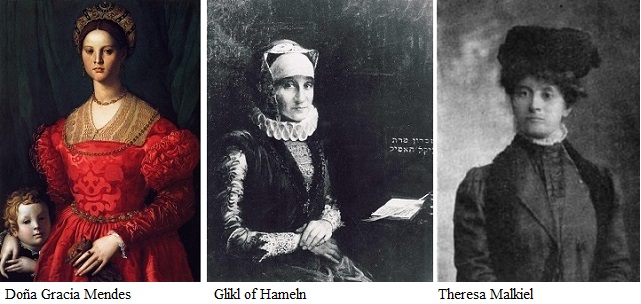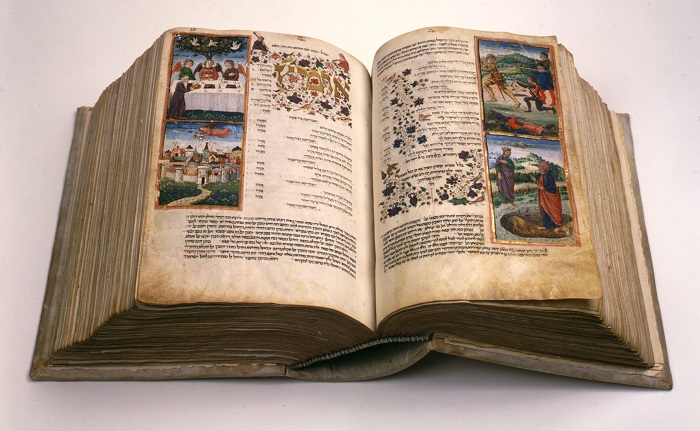ENGLISH CORNER, CON LINDA JIMÉNEZ – This week’s trivia question: In what year was the first International Women’s Day celebrated?
March 8 is International Women’s Day, so this week we are going to speak about three Jewish women who lived in different centuries and different parts of the world and, each in her own way, became important figures in their communities and in history. Another thing that they have in common is that they are not well-known among the general public, not even the Jewish public. So we feel that this is a perfect time to honor them by telling you their stories.
Gracia Mendes Nasi (1510-1569) was a Portuguese-born businesswoman, philanthropist and one of the wealthiest Jewish women in 16th-century Europe. She also developed an escape network that saved hundreds of Conversos from the Inquisition. To read more about Doña Gracia, see Marianna Birnbaum’s 2001 book “The Long Journey of Gracia Mendes”.
Glikl of Hameln (1646-1724) (whose name is sometimes spelled Glückel or Glueckel) was a businesswoman and memoir-writer who was born in Hamburg. She was an active partner in her husband’s business and two years after his death in 1689 she began writing memoirs to help her own mental state and educate her children about their family history. These memoirs are incredibly detailed, combining a meticulous record of her life and descriptions of events that occurred in local Jewish communities during that period. Her memoirs are both a singularly important social and historical document and one of the greatest literary achievements of Ashkenazi prose–in Yiddish or Hebrew–at least until the end of the eighteenth century. Glikl’s memoirs have been translated and published in a number of editions in several languages; the most recent one in English is called Glikl Memoirs 1691-1719, Edited and annotated with an introduction by Chava Turniansky, and translated by Sara Friedman. It was published in 2019 by Brandeis University Press.
Theresa Serber Malkiel (1874-1949) was an American labor activist, suffragist, and educator. She was the first woman to rise from factory work to leadership in the Socialist Party. Her 1910 novel, The Diary of a Shirtwaist Striker, is credited with helping to reform New York State labor laws. As head of the Woman’s National Committee of the Socialist Party of America she established an annual National Woman’s Day which was the precursor to the International Women’s Day that we celebrate now. In 1911, while on a speaking tour of the American South, she called attention to the problem of white supremacism within the party. She spent her later years promoting adult education for women workers.
How did these women accomplish what they did? Listen to this week’s program to hear their stories.




